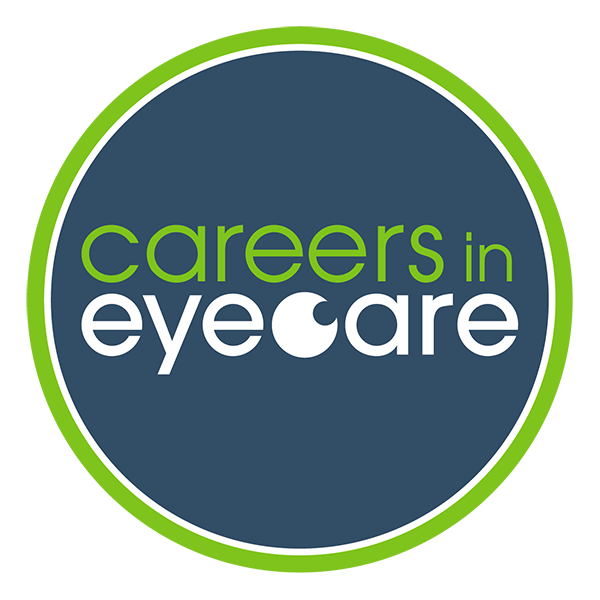If you would like a medical career, there are many options open to you. Becoming a doctor or nurse are two careers that most people might think of, but there are plenty of other people working in a hospital too. Read on to discover some of the wide range of careers in healthcare where you might work in a hospital.
For your first role, why not start as a health care assistant? Your role is to help patients feel as safe and comfortable as possible. You take on general tasks to support the nurses and other health professionals in the specialised work they do. What’s more, you’ll get the chance to meet many of the different people who work in a hospital and find out more about the roles they do. You could start through an apprenticeship and use this as your first step towards many roles working in a hospital.
There are plenty of jobs in the hospital eye department that you might want to find out more about, and consider as a role to aim for:
An eye clinic liaison officer, also known as an ECLO works as part of the Hospital Eye Service, to provide emotional and practical support to people with sight loss, their friends, families and carers. Eye clinic liaison officers come from a range of backgrounds with a qualification in rehabilitation, nursing, occupational therapy, optometry or a significant other health and social care qualification, or experience of delivering support services at a similar level.
An ophthalmic nurse provides nursing care to people with eye conditions and also to people with a visual impairment. To become an ophthalmic nurse, you would study for a degree in nursing then specialise and take further qualifications.
People who are blind or partially sighted often have some remaining vision. Low vision simply means not being able to see as well as most other people even when you’re wearing glasses or contact lenses. A low vision optician is a specialist in providing low vision aids and advice on how to use them. You can work your way up to becoming a low vision optician, starting with a role as an optical assistant.
An orthoptist specialises in diagnosing and managing a range of eye conditions that largely affect eye movement and visual development. Understanding the development of eyesight and the role of the brain in controlling the eyes are key to orthoptic work. To become an orthoptist, you require an undergraduate degree in orthoptics.
Whatever role you are interested in, there are a few common points. Start by getting some experience in healthcare. This could be a part time job in a hospital or care home. You could also look for work experience in a healthcare environment such as a high street optician’s practice. If you are at school or college, find out if you can work towards a health and social care qualification. And follow the links in this article to find out more about each role, or browse here to discover more about Careers in Eyecare.


[…] optometry at Plymouth University. I also plan on gaining experience in the optical department working in a hospital so I can compare experience from a high street store to a more clinical environment. After my time […]
[…] Working within the hospital eye service I often find my patients are very complex. When you match this with a low vision assessment you often find that patients’ needs can be extensive. However, I thrive on this. A challenge I have found is understanding the patients’ medical needs, however through a combination of continuing education and professional development and practice-based training I have been able to enhance my knowledge base. […]